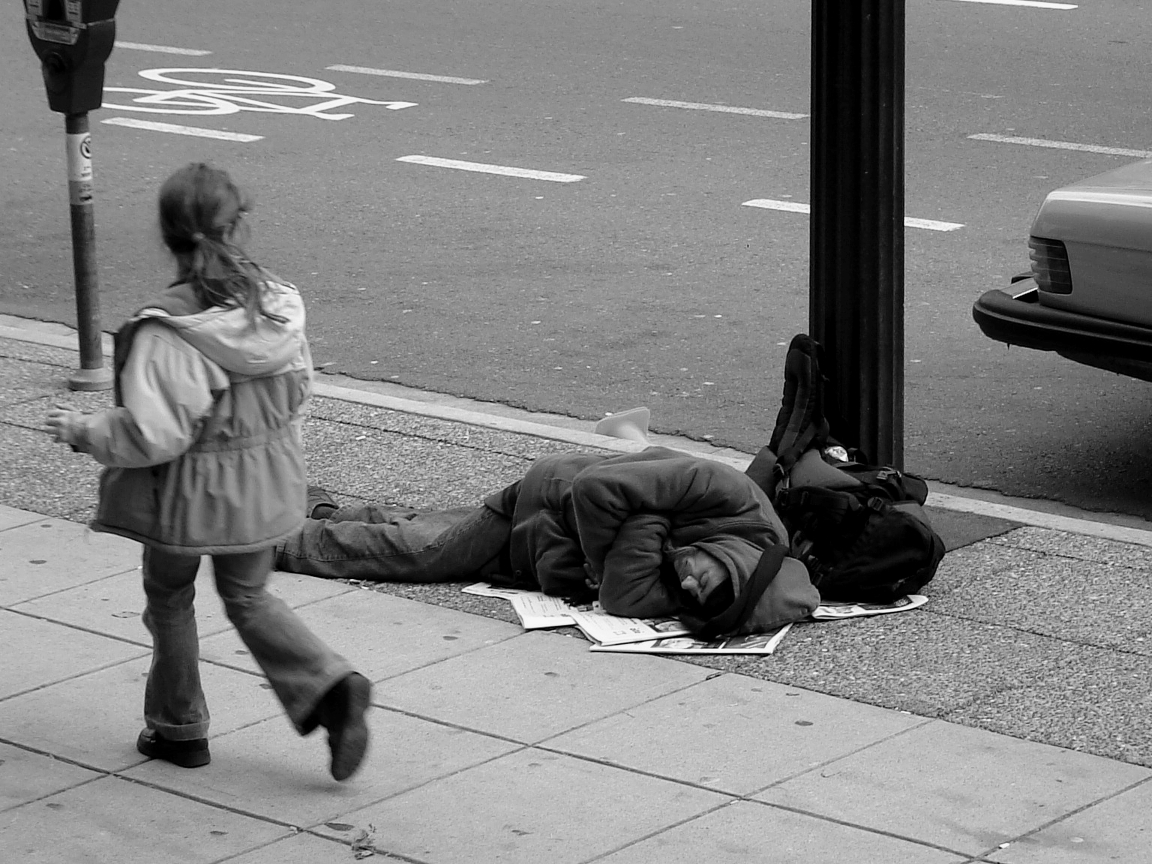Neurodivergence is an umbrella term encompassing different thinking styles that influence how people respond to the world. Although conditions such as autism and ADHD are more commonly discussed, neurodiversity also includes dyslexia, dyspraxia and dyscalculia. In the last few years, there has been an increase in the number of posts and videos centred on neurodiversity on social media platforms. On TikTok, a site popular with a young and therefore impressionable demographic, a search for “#autism” produced over two million videos, while over three million videos were hashtagged “ADHD” (as of 1 March). Instagram, rightly, also allows for users to search for these terms, and, perhaps because it has been around longer than TikTok, it has acquired an even higher number of posts related to these diagnoses. Interestingly, despite several symptoms of both ASD and ADHD being debilitating and leaving many young adults unable to work, Instagram has not shadow-banned the aforementioned hashtags, whereas it is impossible to search for terms such as “depression” without the app continuously asking if it can help me, in the manner of an annoying Lush worker.

The prevalence of these terms on social media has created somewhat of a feedback loop: users that initially considered themselves neurotypical stumble across a post about autism (easy when Instagram has over 13 million of them), recognise a symptom or two within their personality, self-diagnose, and finally post a video about autism on their own account. While there are obvious issues with diagnosing oneself with a health condition, be it mental or physical, I am not always against it when it comes to neurodiversity. The post-Covid NHS is in such dire straits that the only way to receive an appointment when you need one nowadays is to ask a fortune teller when in the next year you’re going to be ill and book six months in advance. I’ve been waiting for 41 weeks now to see an ENT (ear, nose and throat specialist) after being referred by my GP last year. If I’d engaged in some post-appointment unprotected coitus, my new baby would have had their ears, nose and throat checked before mine. The situation is even more depressing for those waiting to be reviewed for autism or ADHD – it can take up to three years for a patient to be seen. The circumstances are also particularly challenging for young women, who tend to grow up masking any neurodiverse traits, and often get misdiagnosed with conditions such as BPD.
However, social media has also brought about an influx of armchair psychology, or in 2024 terms, Bed Rotting Psychology, in which the behaviour of celebrities is analysed in depth and A-listers are bestowed a diagnosis of neurodivergence. Jenna Ortega innocuously claiming she likes to chill indoors? Autism! Billie Eilish asking a muffled talk-show audience member to repeat a poorly-phrased question? ADHD, for certain! I’m not outrightly denying that they have symptoms of these diagnoses – hell, they may well have the conditions – but Swiftie2006 and the like are not psychiatrists, don’t know Ortega or Eilish personally, and, perhaps most importantly, fail to acknowledge that one or two symptoms of something does not a diagnosis make. If that were true, I would have a chest infection right now, when in reality, the discomfort in that region is due to my decision to wear a bra purchased six years ago for the whole day.
It is ironic that this week (18 March – 24 March) is Neurodiversity Celebration Week, yet content creators’ constant scrutiny of people’s likes, dislikes and interests is not a cause for a party. Come to think of it, I don’t like parties much. All those people trying to talk to me; the loud bangs as balloons continuously pop; the texture of the birthday cake…oh. Maybe TikTok was right after all.


